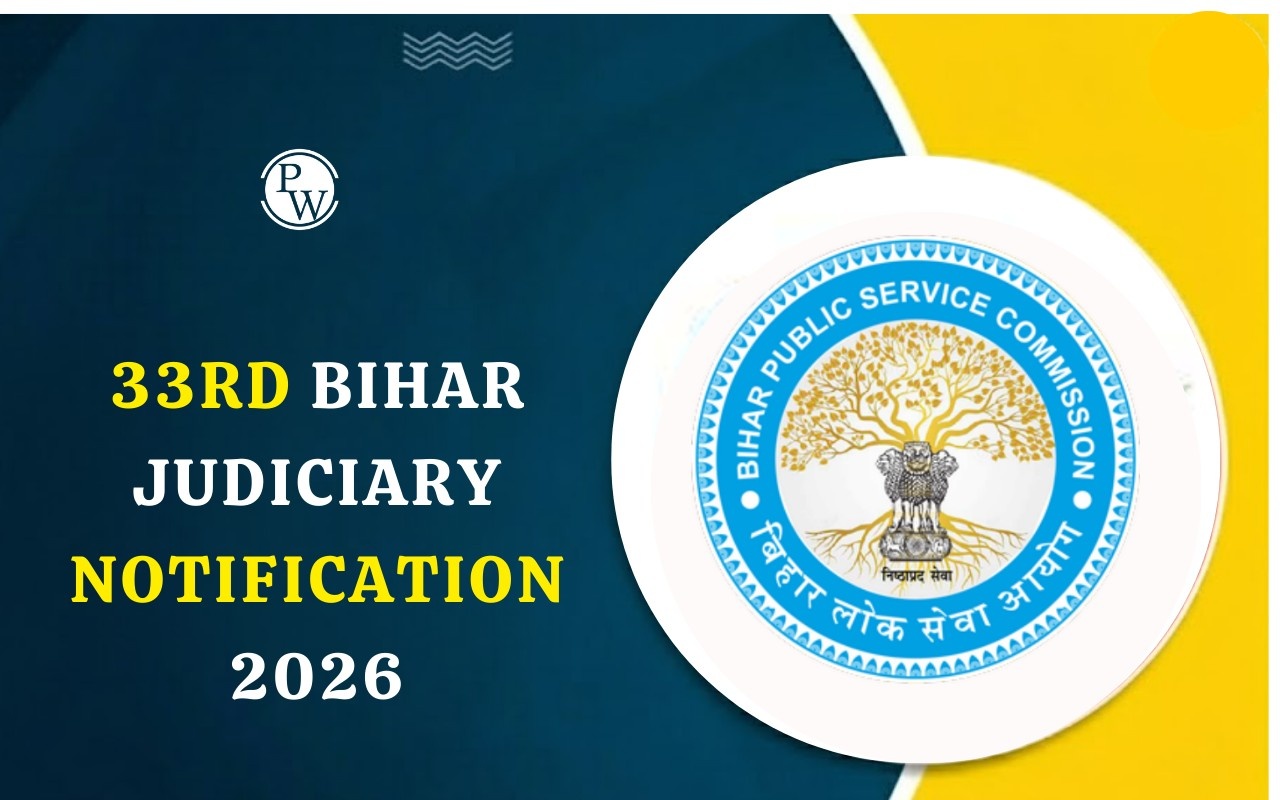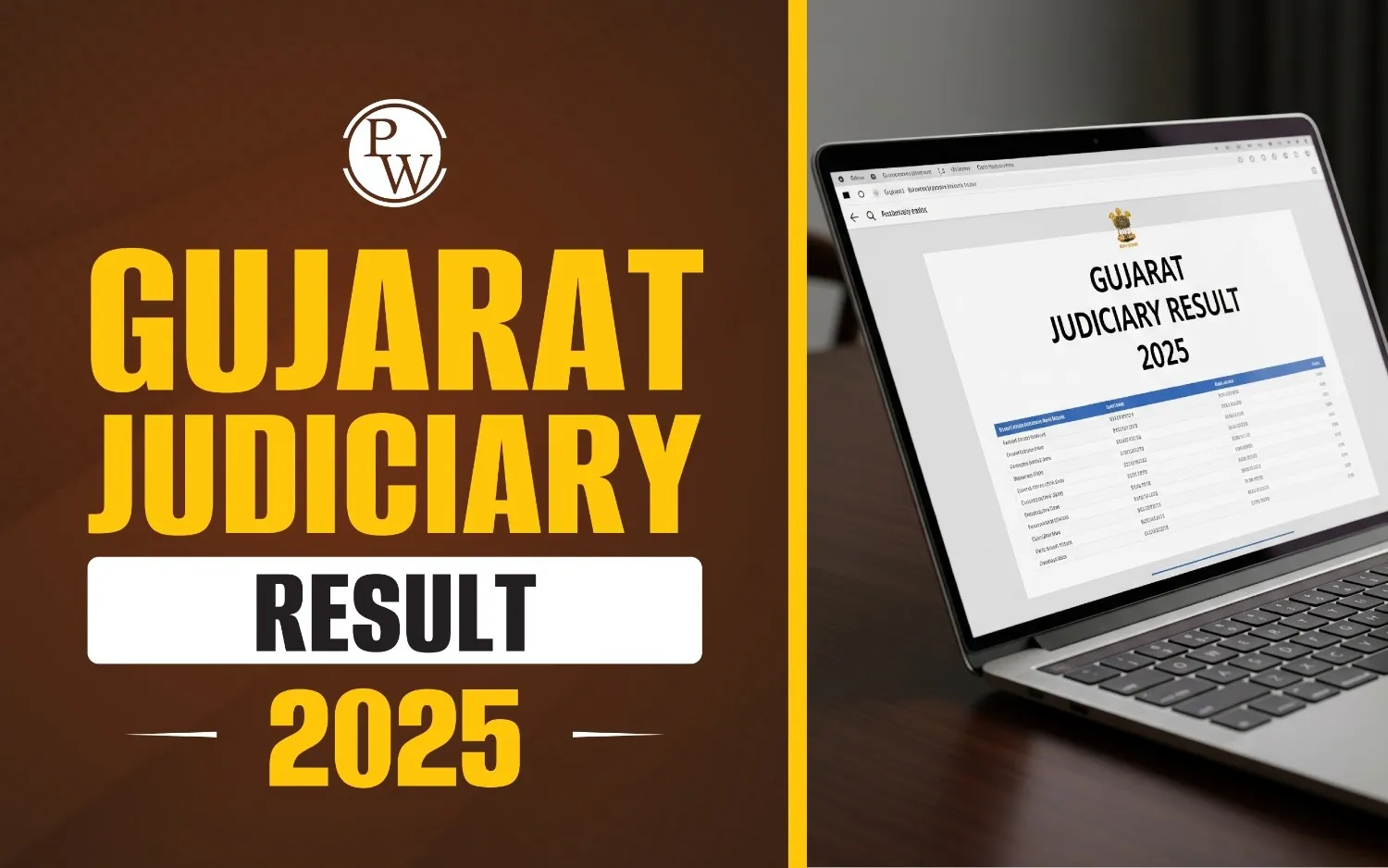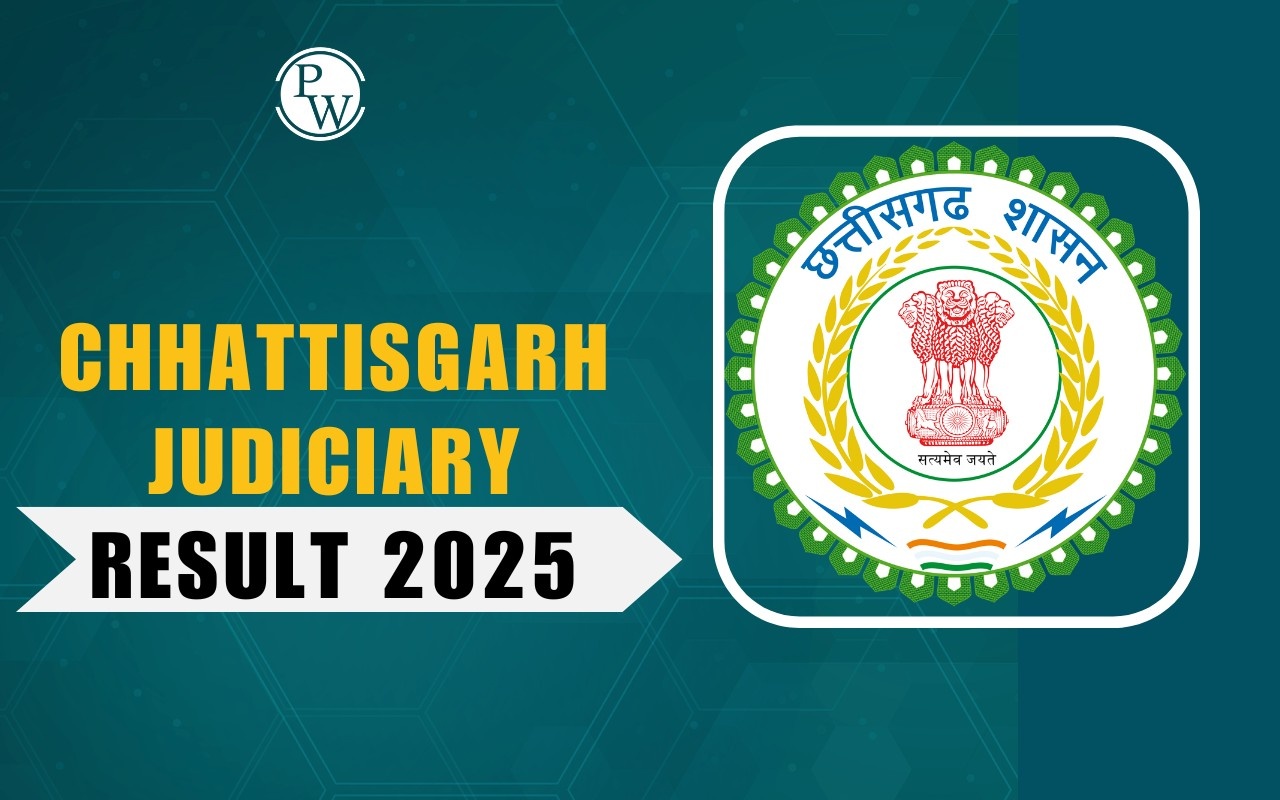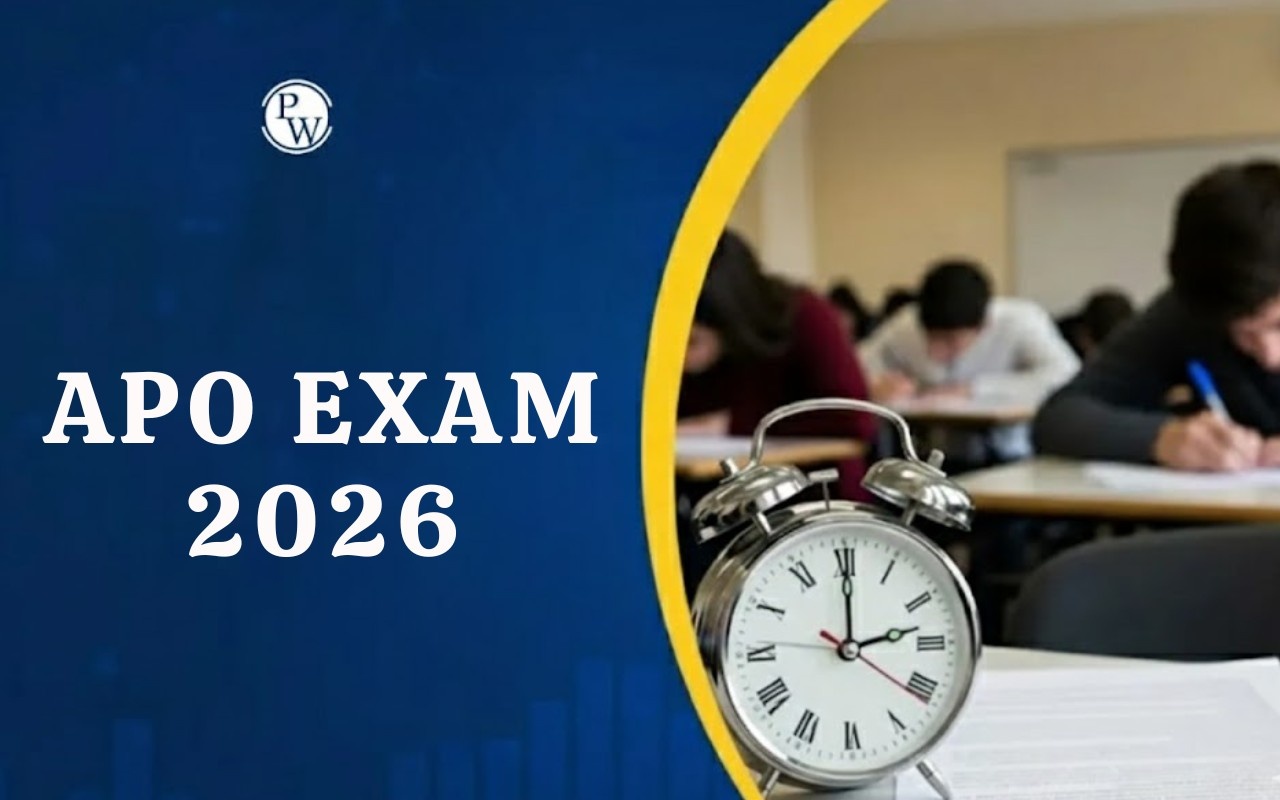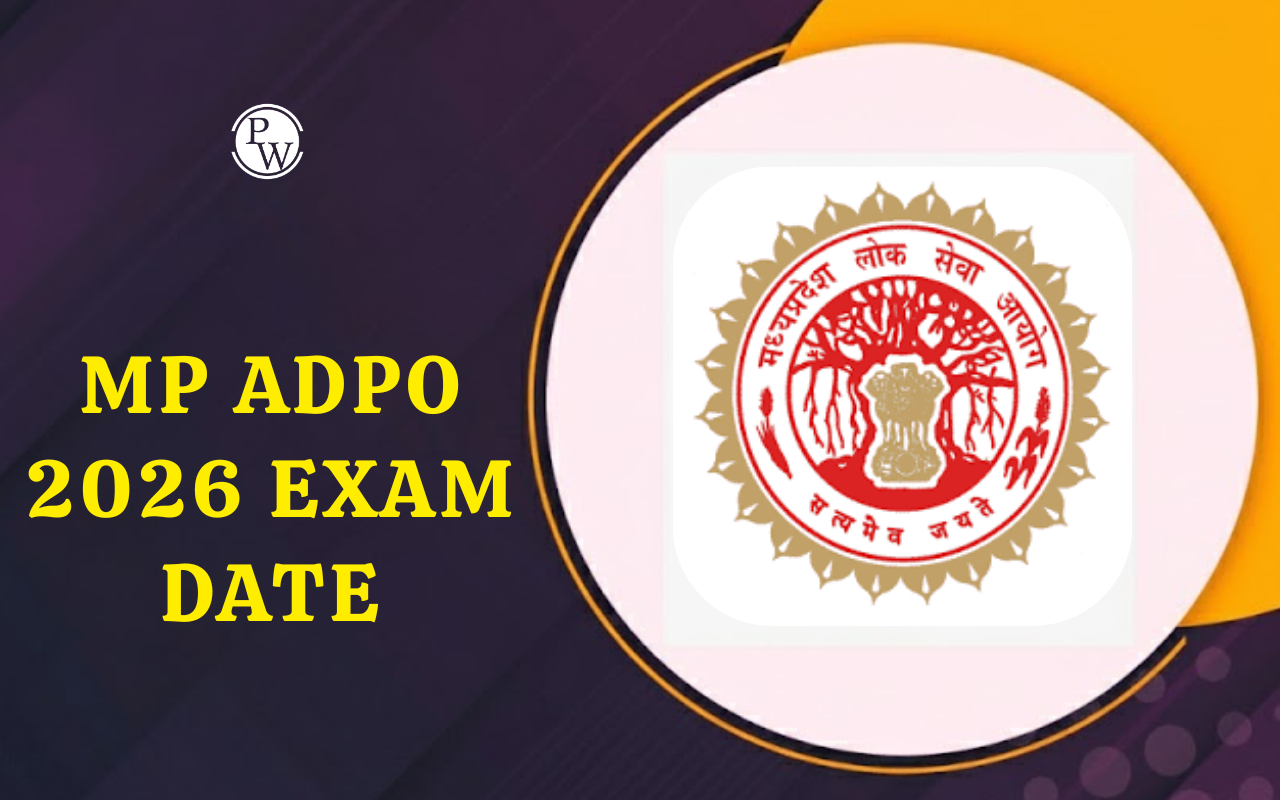
Jammu and Kashmir Judiciary Syllabus 2025 has been officially structured to test the legal proficiency, general awareness, and personality aptitude of aspirants aiming to become Civil Judges in the Union Territory of Jammu & Kashmir. Conducted by the Jammu and Kashmir Public Service Commission (JKPSC), the recruitment process includes a Preliminary Exam, a Mains Exam, a Personality Test, and a Physical/Medical Fitness Test.
Read on to get a detailed explanation of the Jammu and Kashmir Judiciary Syllabus 2025, ensuring clarity for all aspirants.
Jammu and Kashmir Judiciary Syllabus 2025 Overview
The Jammu and Kashmir Judiciary Syllabus 2025 is divided across three major stages:
-
Preliminary Examination – Objective in nature
-
Mains Examination – Descriptive format
-
Personality Test/Interview – Evaluation of personality and aptitude
Each stage is designed to test a candidate’s knowledge of law, general awareness, analytical ability, and judicial aptitude. Additionally, a Physical and Medical Fitness Test is conducted post-interview.
|
Jammu and Kashmir Judiciary Syllabus 2025 Overview |
|
|
Exam Feature |
Details |
|
Exam Name |
|
|
Exam Level |
State-Level |
|
Conducting Authority |
Jammu and Kashmir Public Service Commission (JKPSC) |
|
Exam Stages |
|
|
Preliminary Exam Subjects |
|
|
Main Exam Subjects |
|
|
Mode of Exam |
Offline (Pen and Paper-Based) |
|
Language of Exam |
English |
|
Eligibility Criteria |
Bachelor’s Degree in Law (LLB) from a recognised university |
|
Age Limit |
18 to 35 years (age relaxation applicable as per government rules) |
|
Application Process |
Online |
|
Official Website |
|
Jammu and Kashmir Judiciary Subject Wise Syllabus 2025
A clear understanding of the subject-wise syllabus is essential for targeted preparation. Below is a detailed breakdown of topics covered in both the Preliminary and Mains examinations under the Jammu and Kashmir Judiciary Syllabus 2025.
Jammu and Kashmir Judiciary Syllabus 2025 (Preliminary Examination)
The Preliminary stage comprises two papers, each of 225 marks and of 2 hours duration. Each question carries one mark, and the mode is objective (MCQ-based).
Paper A: General Laws and Awareness
-
General Knowledge & Current Affairs
-
Indian Constitutional Law
-
Code of Criminal Procedure, 1973
-
Indian Evidence Act, 1872
-
Indian Penal Code, 1860
-
Limitation Act, 1963
Paper B: State-Specific and Civil Laws
-
Financial Code (Volume I & II)
-
Kashmir Service Regulations (Chapters III to XIII, XXII & XXIII)
-
Rules & Orders for Subordinate Courts (Civil and Criminal)
-
Circular Orders of the High Court
-
Code of Civil Procedure, 1908
-
Registration Act, 1908
-
Transfer of Property Act, 1882
-
Jammu & Kashmir Residential and Commercial Tenancy Act, 2012
A strong understanding of both national and regional legal statutes is necessary to qualify in this section of the Jammu and Kashmir Judiciary Syllabus 2025.
Jammu and Kashmir Judiciary Syllabus 2025 (Mains Examination)
The JKPSC Civil Judge Mains Exam Syllabus 2025 is descriptive and comprises 6 compulsory and 3 optional papers, each of 100 marks. The duration for each paper is 3 hours.
Compulsory Papers
-
Paper I: English Language Skills
-
Essay Writing
-
Translation (English to Urdu/Hindi and vice versa)
-
Precis Writing
-
Paper II: Constitution and General Knowledge
-
General Knowledge
-
Indian Constitutional Law
-
Paper III: Criminal Law
-
Code of Criminal Procedure, 1973
-
Indian Evidence Act, 1872
-
Indian Penal Code, 1860
-
Paper IV: State Financial and Administrative Laws
-
Financial Code (Vol I & II)
-
Kashmir Service Regulations
-
Rules for Subordinate Courts
-
Paper V: Civil Law Part I
-
Code of Civil Procedure, 1908
-
Limitation Act, 1963
-
Registration Act, 1908
-
Paper VI: Civil Law Part II
-
Transfer of Property Act, 1882
-
J&K Residential and Commercial Tenancy Act, 2012
Optional Papers (Choose Any Three)
|
Paper |
Subjects |
|
I |
Hindu Law, Mohammedan Law |
|
II |
Law of Companies, Insurance Law |
|
III |
Principles of Equity, Law of Trusts, Specific Relief |
|
IV |
Indian Contract Act, 1872; Law of Torts |
|
V |
Suits Valuation Act, 1887; Court Fees Act, 1870; Stamp Act, 1899; Excise Laws |
|
VI |
Land Revenue Act; Right to Fair Compensation and Transparency in Land Acquisition Act, 2013 |
This stage requires deep conceptual clarity and writing proficiency to tackle descriptive legal topics effectively.
Personality Test (Interview)
Candidates qualifying in the Mains are called for the JKPSC Civil Judge Personality Test, which carries 140 marks.
-
Focus Areas:
-
Legal Aptitude
-
Communication Skills
-
Awareness of Constitutional and Social Issues
-
Intelligence and Demeanour
The panel evaluates the overall personality and suitability of the candidate for a judicial role.
Medical and Physical Fitness
Candidates must be declared physically and mentally fit to be eligible for the final appointment. A medical test is conducted, and candidates must pay a prescribed medical fee. This stage ensures the readiness of the candidate for the rigorous demands of judicial service.
Jammu and Kashmir Judiciary Exam Pattern 2025
Understanding the Jammu and Kashmir Judiciary Exam Pattern 2025 is essential for effective preparation. The exam is conducted in three stages—Preliminary, Mains, and Interview—each with a distinct structure and marking scheme. The table below presents a clear overview of the pattern:
|
Jammu and Kashmir Judiciary Exam Pattern 2025 |
|||||
|
Stage |
Paper Type |
Number of Papers |
Duration (Each Paper) |
Marks |
Nature of Exam |
|
Preliminary |
Objective (MCQs) |
2 Papers (A & B) |
2 Hours per paper |
225 each (Total 450) |
Qualifying in nature |
|
Mains |
Descriptive |
6 Compulsory + 3 Optional |
3 Hours per paper |
100 each |
Merit-based evaluation |
|
Interview |
Viva-Voce |
1 (Personality Test) |
- |
140 |
Final merit component |
|
Medical Test |
Physical Evaluation |
- |
- |
- |
Mandatory for selection |
Jammu and Kashmir Judiciary Syllabus Preparation Tips
To effectively navigate the Jammu and Kashmir Judiciary Syllabus 2025, consider the following preparation strategies:
-
Understand the Syllabus Thoroughly: Download the Jammu and Kashmir Judiciary Syllabus 2025 PDF from the official JKPSC website and break it down into topics.
-
Focus on Bare Acts and Case Laws: Especially for Mains, refer to bare acts and landmark judgments to strengthen legal understanding.
-
Practice Previous Year Papers: Solve JKPSC Judiciary past papers to identify question patterns and improve time management.
-
Build Writing Skills: Practice essay writing, precis, and case commentary regularly to improve Mains answer writing.
-
Read Newspapers for Current Affairs: Stay updated with constitutional and legal developments, particularly for Prelims Paper A and Mains Paper II.
-
Revise Regularly: Make short notes of important laws and provisions for quick revision during the final weeks.
-
Mock Interviews: Enroll in mock personality tests to improve confidence and presentation.
Proper planning and consistency are key to mastering the Jammu and Kashmir Judiciary Exam Pattern 2025 and achieving success.
Explore the Judiciary Coaching 2025 to access essential resources for Judiciary exam preparation, including detailed insights and strategies. Dive into the Judiciary 2025 for structured courses and focused study plans designed to help aspirants excel in their exams.
Jammu and Kashmir Judiciary Syllabus 2025 FAQs
What does the Jammu and Kashmir Judiciary Syllabus 2025 include?
Where can I find the Jammu and Kashmir Judiciary Syllabus 2025 PDF Download?
What is the Jammu and Kashmir Judiciary Exam Pattern 2025 for Prelims?
Is there a descriptive part in the Jammu and Kashmir Judiciary Exam Pattern 2025?
Can I get subject-wise topics in the Jammu and Kashmir Judiciary Syllabus 2025 Subject Wise?
What are some Jammu and Kashmir Judiciary Syllabus Preparation Tips?



